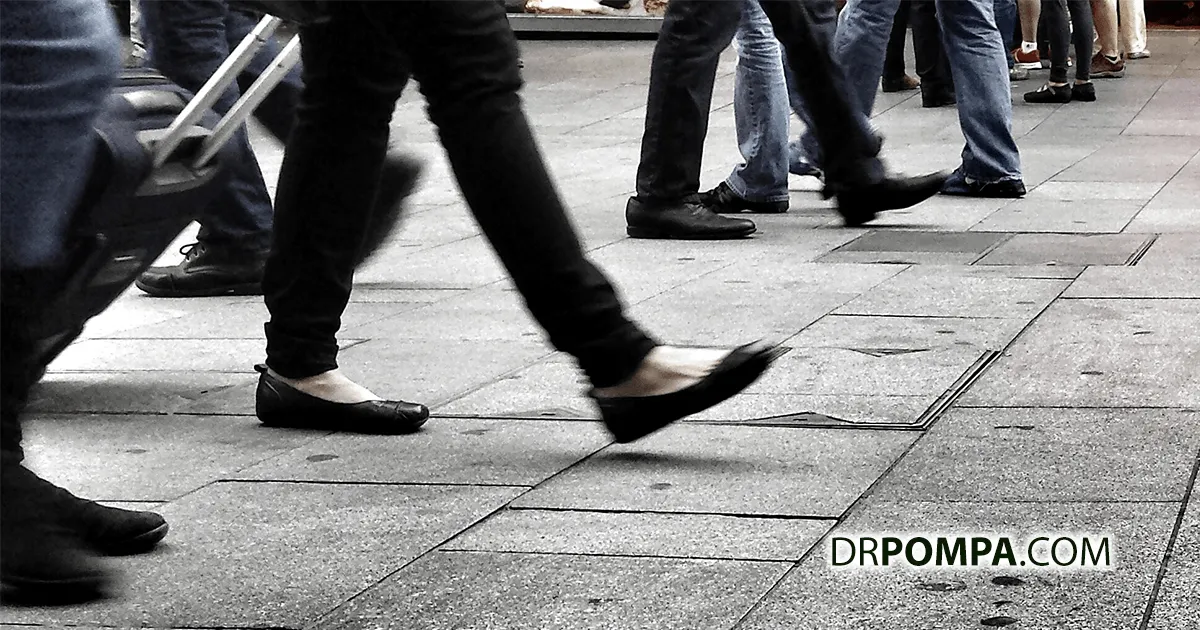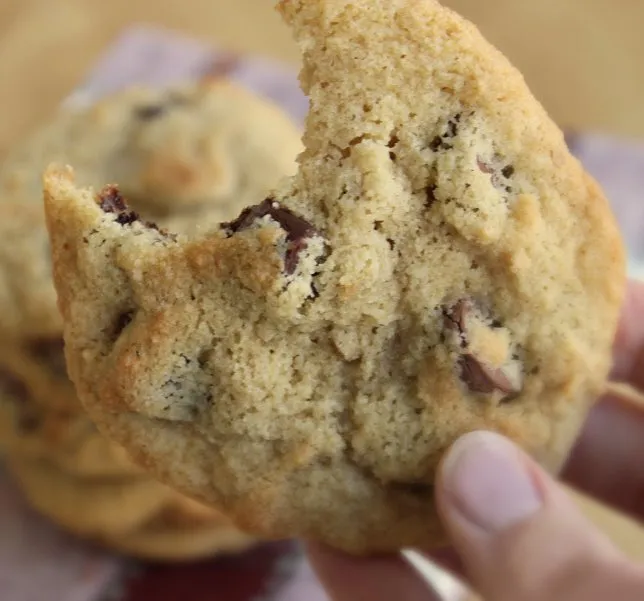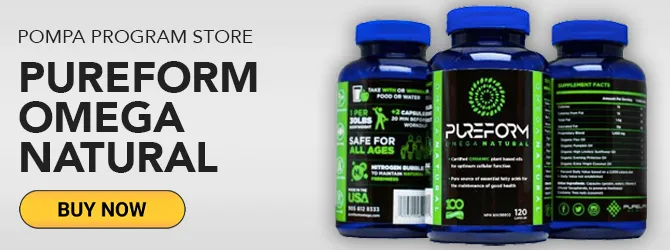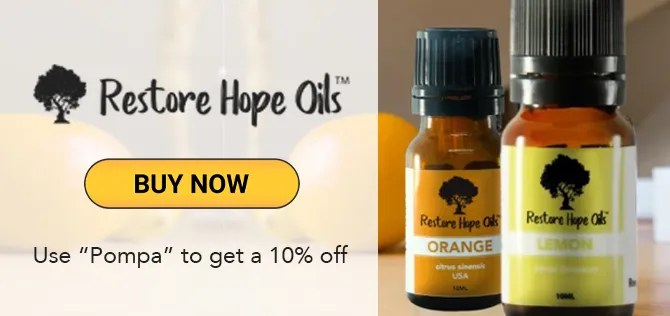Recently, my best friend and business partner Warren Phillips and I took part in CalJam, a high energy health seminar where practitioners gather and share the latest in natural health information and technology. Warren and I caught up with our friend Ben Greenfield, famed personal trainer, athlete, and public speaker. We’ve interviewed Ben in the past on the benefits that a keto diet can bring to athletes. You can read more about on the topic here and watch our podcast here.
Traveling to CalJam reminded us how challenging it can be to maintain the health standards we’ve set up at home on the road, which includes vacationers and those who work outside of the home too. Once we leave the house, we are surrounded by fast foods loaded with toxins, sugars, and bad fats. Hotel living and busy schedules often restrict our ability to prepare meals and limit toxin exposure. With this in mind, Ben, Warren, and I took some time out to share biohacks we personally use to stay on track while traveling, plus a few we use at home too.
Biohacks for Travel Stress: Tapping
Traveling, even when heading for a favorite vacation spot, often raises stress levels. Crazy flight times, long hours in airports, traveling with children, trying to do business on the go, jet lag and more can make it difficult to maintain an emotional balance, leaving us feeling fatigued and anxious and often dysregulates sleep. Tapping, also called EFT (Emotional Freedom Techniques) is a stress management technique that uses finger tapping onto specific meridian points of the body in combination with focused words. Tapping might sound a bit out there, however, studies have shown that tapping does have benefits toward lowering stress levels1, making EFT a great tool for helping to combat travel stress. Tapping is self-administered, and the small amount of non-formal training required is readily available online at no cost, though there are some great books that delve deeply into this self-healing technique. Tapping is a very handy tool, demonstrated to help deal with old emotional trauma, new trauma, stress, fatigue, emotional instability, insomnia, weight issues, and a host of physiological conditions.
Our interview with Catherine Garceau on CHTV is full of valuable information on the many beneficial effects of EFT, including detailed instructions on how to incorporate tapping into your life right away. Warren used tapping at CalJam to help adjust from the fatigue of jet lag, which Ben discusses in the podcast. I’ve personally found it easy and helpful. Ben notes, “[Tapping is] one of my go-to methods for when you need to affect change, and you have no coffee, you have no supplements, no giant kale smoothie that you can make. And it’s very, very simple.” Be sure to check out CHTV Episode 118 to learn more about EFT, and how former Olympian Catherine Garceau used it to help heal deep-seated trauma. The accompanying article includes an informative map of the meridian points involved in tapping.
Biohacks for Dining Out
Like most folks, I prefer home cooked meals over most restaurant food, but sometimes it just can’t be helped. I travel a lot, speaking all over the country about PompaCore Cellular Detox™ and a Multi-Therapeutic Approach to healing, and maintaining a healthy diet and minimizing toxin exposure can be difficult when home is far away. If you’ve read just about any of the articles on my website, you know how I stress the importance of eliminating the sources of toxins, from poor diet to heavy metals and a legion of other harmful compounds that interfere with our cells’ ability to function properly. It’s called R1: Remove the Source, the very first step in taking back your health. Though I call it the first step, it’s not actually a one-off. Once you identify the toxins in your life, the work to minimize them is continual, and why it’s so crucial to do all you can to keep from retoxifying cells you’ve worked so hard to detox. To that end, be sure to incorporate these health hacks for dining out that Warren, Ben, and I put into action.
Biodynamic Wines
Did you know that in addition to the many pesticides that get sprayed onto conventionally grown wine grapes, wine producers may add up to about 80 additives to the wine itself? That includes tannins, stabilizers, and sulfites, a known allergen. Several of these additives are blamed for causing the headaches and sleeplessness that we experience when enjoying a little wine with dinner. The last thing you need when traveling is sleep issues! To combat the unpleasant effects of wine, we choose biodynamic wine.
The biodynamic method of producing starts at the growing level, emphasizing a systemic and sustainable way of caring for and harvesting the grapes. It’s an old method that predates organic growing and also exceeds organic in many ways. Additives, including sulfites, are not permitted in biodynamic production. This results in a more natural wine has great taste, and seems to contribute less to the unpleasant headaches and sleeplessness for which wine is known. Ask your waiter if the restaurant carries certified biodynamic wines. Even better, call around first to find restaurants in the area that serve these high quality wines. My personal favorite line of wines is Dry Farm wines, learn more about these keto-friendly wines and how to try them for yourself here.
Biohacks for eating while traveling: Restaurants & Bad Oils
It’s well known that oils used in fast food chains are abysmally bad for your health and should be avoided. Perhaps less well known and discussed is how often similarly oxidized, harmful vegetable oils are used in sit-down restaurants, even prestigious ones. I’ve written before about which fats are healthy, which to avoid, and why. It’s essential to familiarize yourself with good fats that make sense to the body vs bad fats that drive inflammation and contribute to weight gain and cellular dysfunction. As for how to sidestep these harmful oils, well, the solution is simple. As we discuss in the podcast, you must be “that person” willing to ask a few questions.
Don’t be shy to inquire about the oil being used to prepare your food. Canola oil is popular in restaurants. Even in cases where you’re told that the chef uses olive oil, it’s worth asking if the olive oil is pure or a blend. You’ll be surprised how often the answer is that the “olive oil” used is a mix of olive and canola. Even olive oil has its dangers with recent investigations uncovering rampant dilution and adulteration of “pure olive oil,” to the point where much of the olive oil found in stores can’t be trusted. My wife recently navigated this maze by simply requesting that the chef use butter to prepare her dish.
Avoiding the Carb Load
As Americans, we spike our glucose levels way too much. If restaurant entrees represent how Americans like to eat, then it becomes glaringly clear that we eat way too much sugar and too many carbs. There’s no better way to age faster than to continually spike glucose levels and overindulge in processed carbohydrates. Fortunately, there’s an simple way to sidestep the carb dump at restaurants, an approach that Ben and I use often: double up on vegetables and skip the carbs sides altogether. For example, instead of salmon, brussel sprouts and mashed potatoes, ask if the chef can double the sprouts and nix the taters. Couldn’t be easier.
I know that it can seem unmannerly or high-handed to ask a lot of questions of the waiter or request that your food be prepared in a certain way. But remember, like me and everyone else reaching for optimal health, you are simply trying to live life to the fullest, and create a body that can help you do this. I assure you’re not the first person to ask pointed questions about the menu, especially if it’s a restaurant that Warren, Ben, or my wife and I have visited. We must be the change we wish to see!
Biohacks for Tap Water
Just like any home, the tap water in hotels and workplaces are likely to be loaded with elements like chlorine and fluoride. In my recent article on thyroid health and corresponding CHTV podcast, we discuss the impact of halogenated elements like bromine, chlorine, and fluorine to thyroid health. These elements compete with iodine for space on cell receptors that are meant for the iodine. The problem is that these compounds cannot do for the body what iodine does, and the eventual result is thyroid dysfunction. Many realizing this take steps to install water filtration systems in their homes, but will often forget to plan for quality water when traveling.
Considering current airport regulations, it’s not always feasible to carry a supply of high quality water. You can, however, carry a portable filtration unit to remove these elements from tap water which are usually light and easy to pack. Look for one with a charcoal filter to ensure fluoride removal. As Ben suggests in the podcast, you can always stop by a local convenience store to pick up a few bottles of glass-bottled spring water, a far better alternative than drinking treated tap water.
Biohacks for Fighting Travel Fatigue
Adjusting to a different time zone can lead to trouble sleeping and fatigue, and many use sleeping pills or melatonin to help in the adjustment. I tend to choose more natural alternatives. My personal favorite for combating insomnia, especially when it’s anxiety-induced, is kava root. Kava can be very effective, but be sure to source high quality root. For me, high quality means certified organic, indigenously grown kava to ensure the flavonoids and phytochemicals that make kava effective are present. Note that kava root does impact the liver, so it’s is not an everyday herb. Use it only when you need it, not daily. Side note, you may also find Gabadone supplement useful.
Another fine option for handling travel stress and restlessness is CBD oil, a phytocannabinoid that works with your endocannabinoid system (ECS) to help reestablish homeostasis. We discuss CBD in depth in our CHTV podcast with Dr. Philip Blair. You can find superior quality CBD products at our dedicated website. Warren has tried combining CBD with tryptophan as a sleep aid finding it to be effective, but warns it can cause marked drowsiness and slowness in waking. Best not to try this if you have an early appointment.
Speaking of waking up, I doubt that you’ll want to start the day with toxins in your cup. I love coffee in moderation, but I don’t love the pesticides that often come with it which alarms me enough to avoid most coffee shops. Organic, shade-grown coffee can be very hard to find outside the home. Research the area where you’re traveling to see if there’s a local shop that offers organic coffee. Otherwise, do as Warren does and bring a supply of coffee grounds with you, along with a small pot to prepare your own coffee. Ben favors portable packets of instant coffee combined with medicinal mushrooms.
Conclusion
Whether you’re on the road traveling or just on-the-go around town, remember that you don’t have to compromise the great standards that you’ve set up at home. Look for organic snacks, or take some with you. Keep environmental and food toxins in mind and do what you can to minimize their impact. You’re only a few biohacks away from maintaining amazing health!
- CHTV Episode 159: Biohacking with Ben Greenfield
- The Ketogenic Diet and Athletes: An Interview with Ben Greenfield
- CHTV Episode 118: EFT: Tapping Away Trauma
- PompaCore Cellular Detox™ – A Top 5 Strategy to Create Your Best Health Ever
- My Multi Therapeutic Approach
- R1: Removing the Source of Toxins
- CHTV Episode 146: Can You Drink Wine and Stay in Ketosis?
- Eat Fat, Lose Fat
- Controlling Blood Glucose – Top 5 Strategies for Your Best Health Ever
- Thyroid Disease and Thyroid Dysfunction: What Causes It and What To Do About It
- The Benefits of CBD Oil
- Church, D., C. Hawk, AJ Brooks, O. Toukolehto, M. Wren, I. Dinter, and P. Stein. “Psychological trauma symptom improvement in veterans using emotional freedom techniques: a randomized controlled trial.” The Journal of nervous and mental disease. February 2013. https://www.ncbi.nlm.nih.gov/pubmed/23364126
- Water Filtration Systems
- Gabadone
- Camano Island Coffee











